The silenced: meet the climate whistleblowers muzzled by Trump

Six whistleblowers and ex-government scientists describe how the Trump administration made them bury climate science – and why they won’t stay quiet…
World ‘gravely’ unprepared for effects of climate crisis – report

Trillions of dollars needed to avoid ‘climate apartheid’ but this is less than cost of inaction.
New Marine Heatwave Emerges off West Coast, Resembles “the Blob”
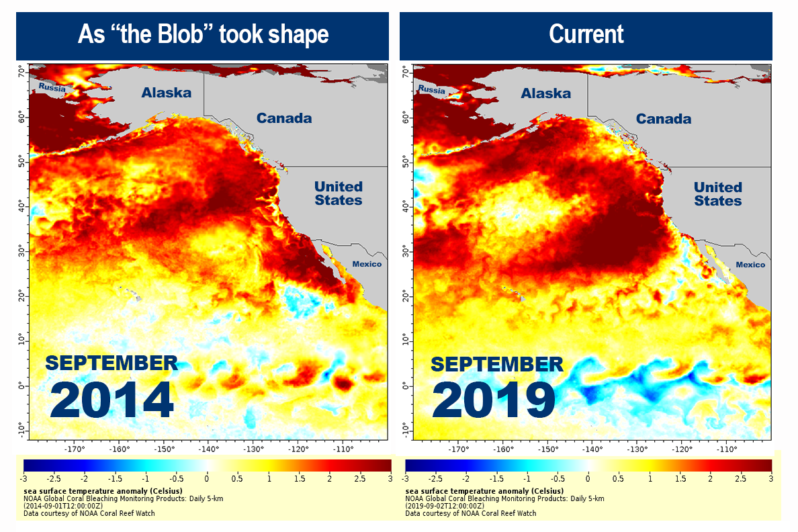
About five years ago “the Blob” of warm ocean water disrupted the West Coast marine ecosystem and depressed salmon returns. Now, a new expanse of unusually warm water has quickly grown in much the same way, in the same area, to almost the same size.
Hurricane Dorian: ‘We’re at the frontline of climate change but we don’t cause it’, says Barbados PM – as it happened
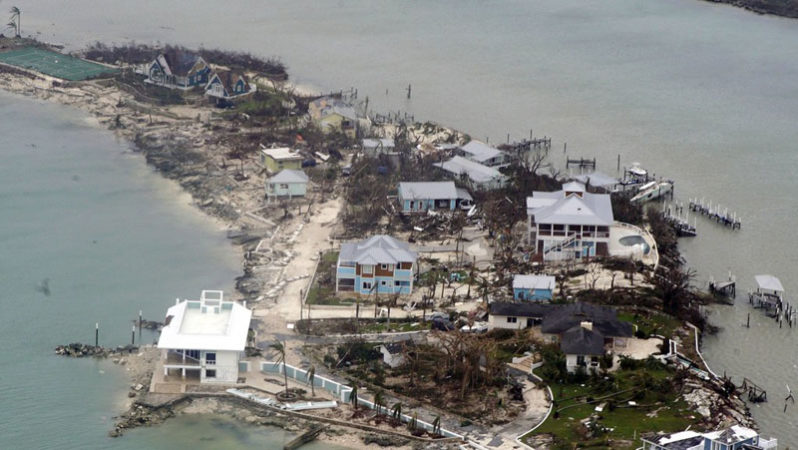
The “force and size” of Dorian took everyone by surprise, a situation made worse by the hurricane stalling over the archipelago. “Grand Bahama is not in good shape at all because 70% of it was under water,” St George said.
Climate change to shrink economies of rich, poor, hot and cold countries alike unless Paris Agreement holds

Detrimental economic effects of global warming are likely to go beyond those being discussed in policy circles — particularly for wealthier nations, say researchers. Study suggests that 7% of global GDP will disappear by 2100 as a result of business-as-usual carbon emissions.
July 2019 was hottest month on record for the planet
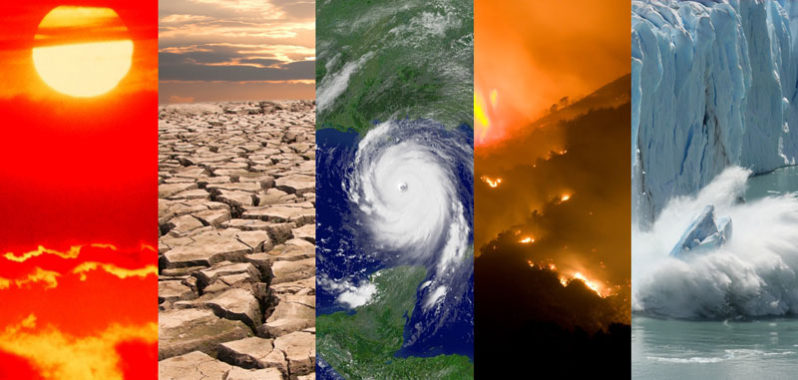
Much of the planet sweltered in unprecedented heat in July, as temperatures soared to new heights in the hottest month ever recorded. The record warmth also shrank Arctic and Antarctic sea ice to historic lows.
How airplane contrails are helping make the planet warmer
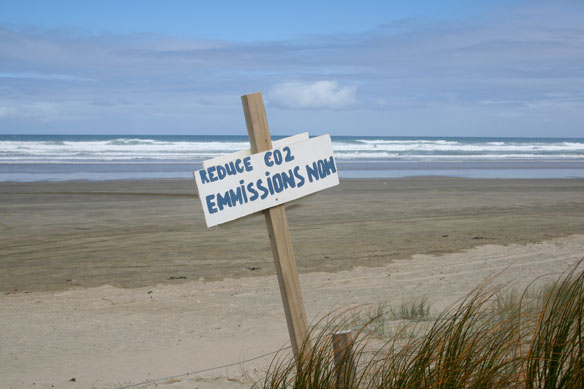
New research shows that condensation trails from aircraft exhaust are playing a significant role in global warming. Experts are concerned that efforts to change aviation engine design to reduce CO2 emissions could actually create more contrails and raise daily temperatures even more.
As Ocean Temperatures Rise, Corals Are Steadily Moving Poleward
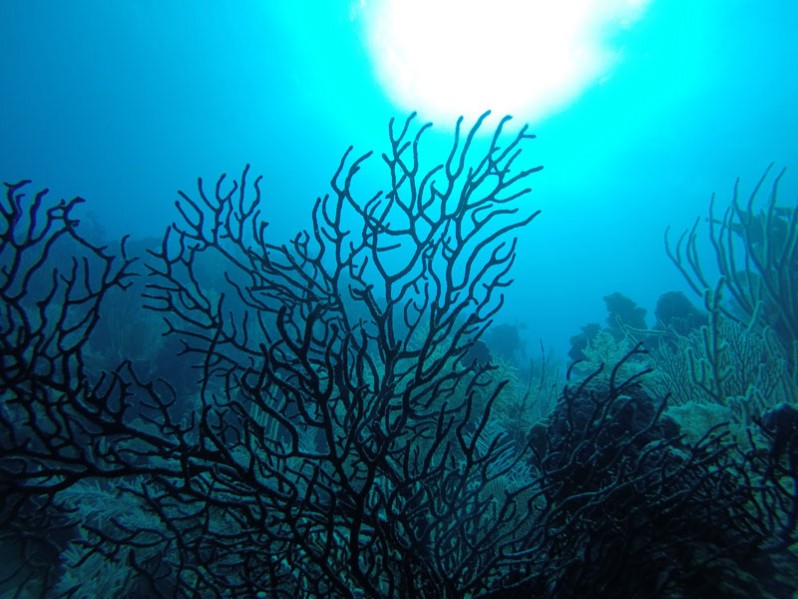
Rising ocean temperatures are increasingly causing coral reefs to shift away from the equator into more temperate waters. Over the past 40 years, the number of young corals has declined by 85 percent on tropical reefs, while at the same time doubling in cooler regions, according to a recent study.
Heatwave has broken temperature records in several parts of Europe
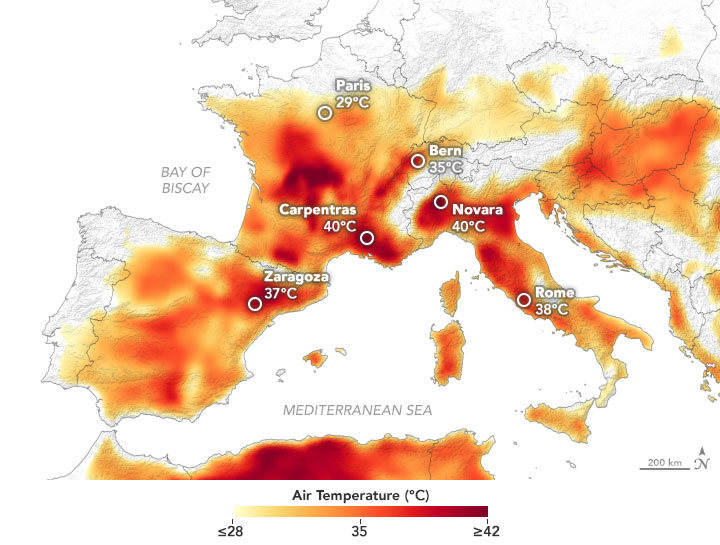
It’s early summer and Europe is already feeling the heat. Many parts of the continent saw the hottest temperatures so far for 2019, with some cities recording their hottest day on record.
